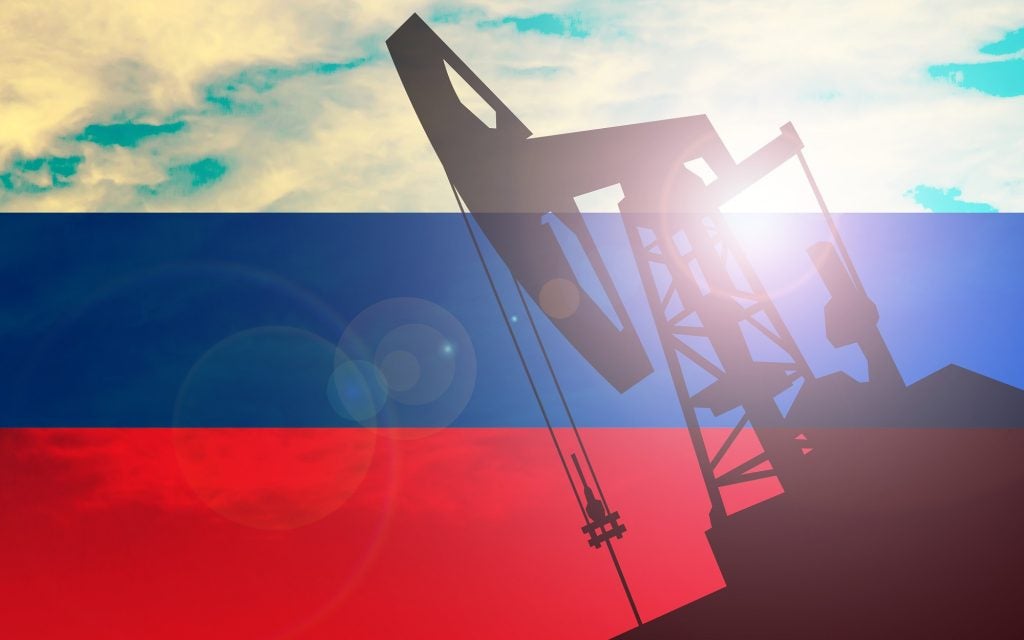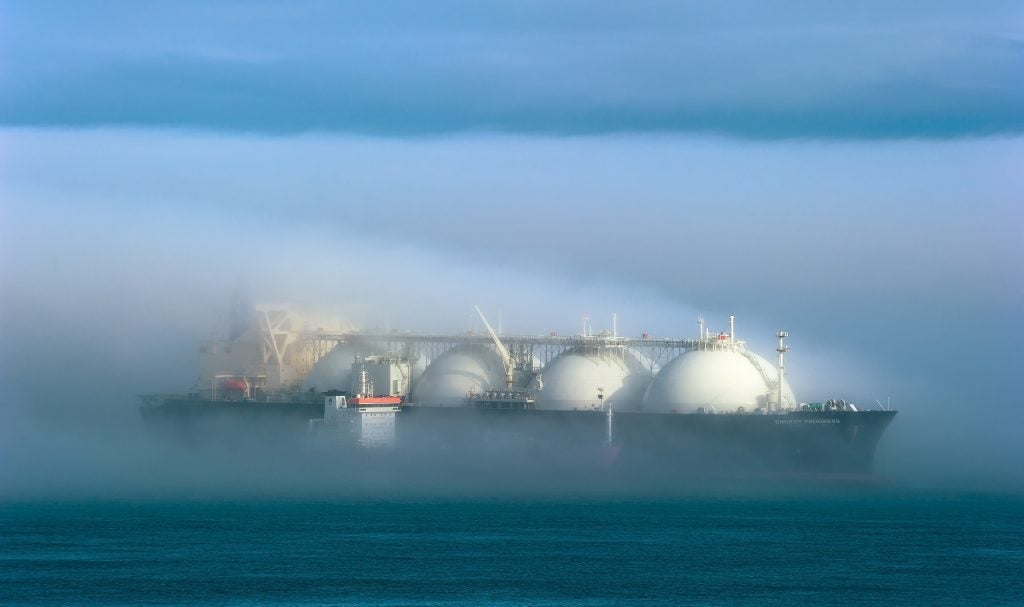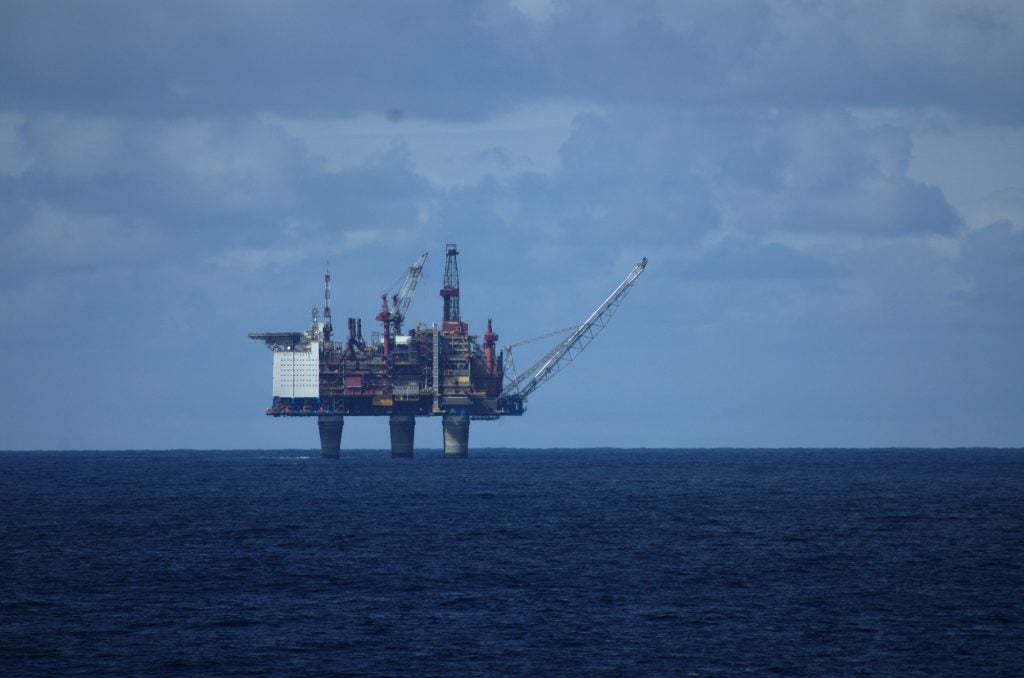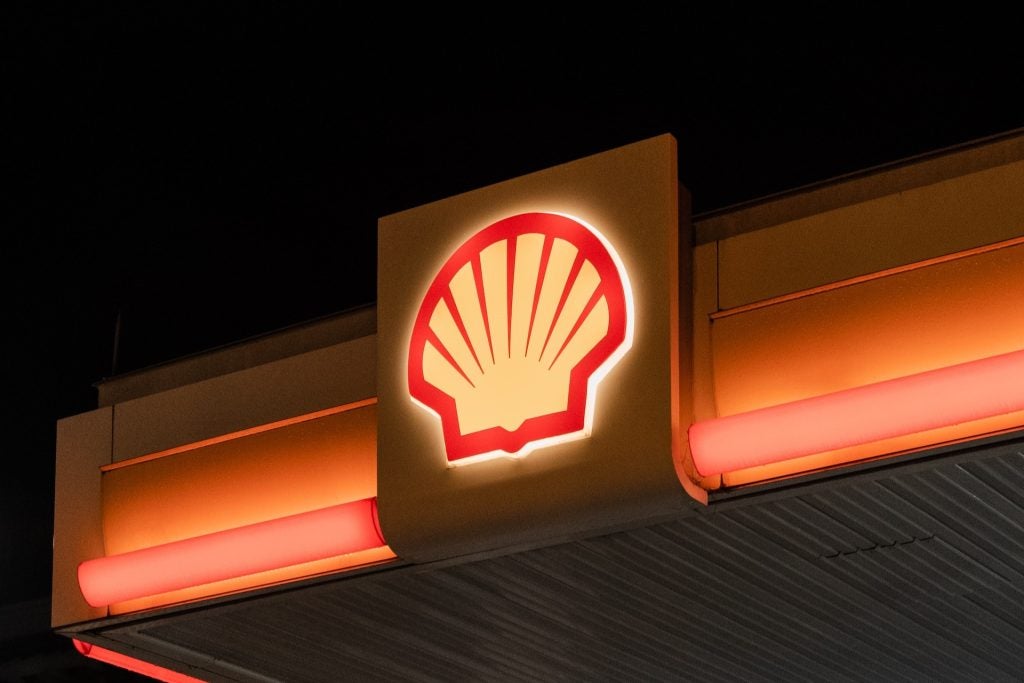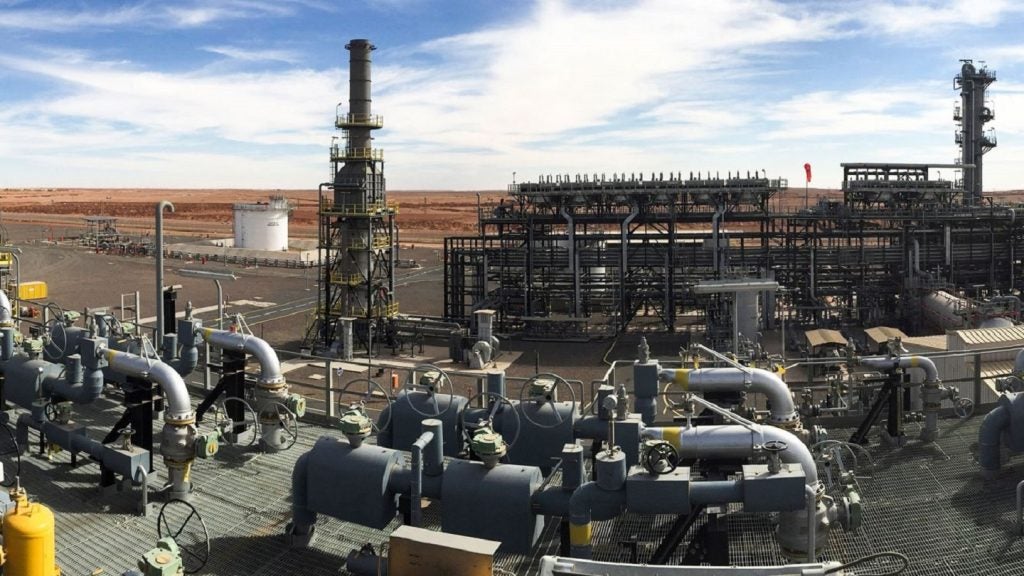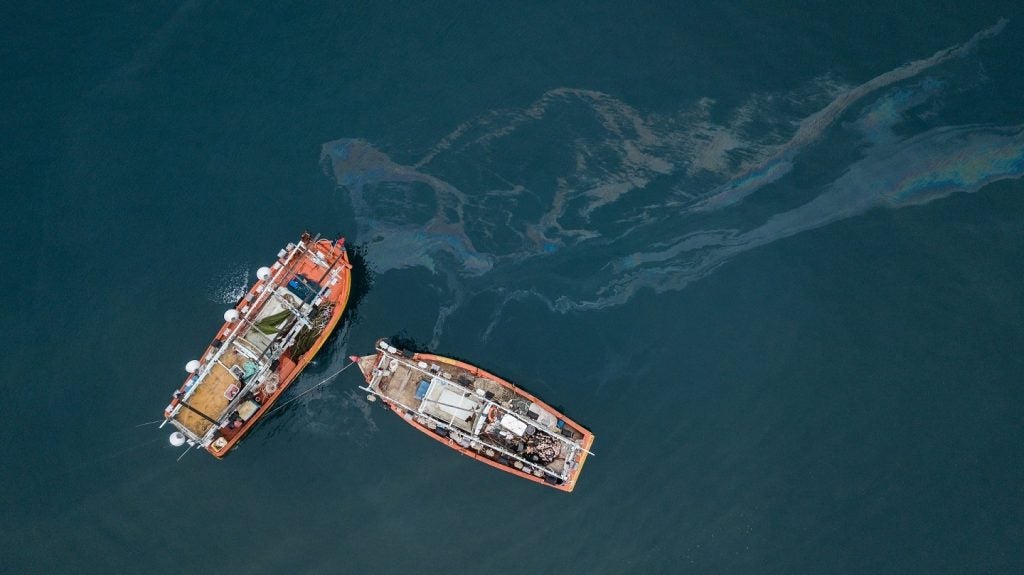The US Treasury has announced sanctions on two companies for buying Russian oil above the $60 price cap. Lumber Marine, a company registered in the United Arab Emirates, carried oil priced above $75 per barrel and Ice Pearl Navigation, a Turkish company, transported oil priced above $80 per barrel.
The sanctions are designed to enforce the price cap more strictly as the US looks to further limit Russian oil profits and therefore restrict its financing of the war in Ukraine.
A senior Treasury official, who wished to remain anonymous, told Reuters: “Because of actions we are announcing today, and the further actions we will take in the coming weeks and months, these costs will continue to rise and Russia’s ability to sustain its barbaric war will continue to weaken.”
Both vessels operated by the companies used US-based services to transport the oil. The $60 price cap, first instituted in December 2022, is designed to stop companies shipping oil above the cap from using Western providers for shipping, financing or insurance. The sanctions, announced on Thursday, identify and block access to all property and interests owned by the companies in the US.
The US-based service providers will not be at risk of sanctions if others in the shipping chain mislead them with information about the price of the oil they were servicing.
Speaking at a conference in Tokyo on Friday, US Assistant Secretary for Energy Resources Geoffrey Pyatt said: “It is very clear to me that Russia is never again going to be viewed as a reliable energy supplier. In the case of our G7 partners in particular, we are also committed to work jointly to deny Russia future energy revenues, and target in particular investments and projects growing Russia’s future energy revenue.”
Despite the West’s efforts to limit Russian revenue, in Spring 2023 the volume of Russian oil exports had increased by 50% and the Kyiv School of Economics predicts revenues are likely to rise due to increases in global crude prices. As Russia utilises alternative export routes to countries that have not enforced a price cap, such as China and India, such predictions could come to pass.


